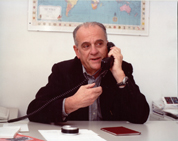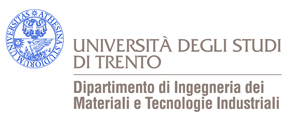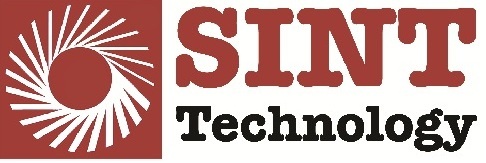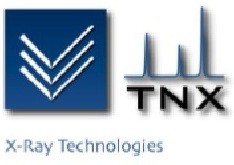English Version
School on Microstructural Characterization of Engineering Materials: Residual Stress Analysis
Faculty of Engineering,
Trento, June 29, 30 – July 1, 2010
This advanced learning project, started in Trento in 1998, is dedicated to the memory of professor Paolo Giordano Orsini. Founder and inspirer of the University Department that hosts the school, professor Orsini was one of the promoters of the first Italian University Master Course in Materials Engineering.
The school offers basic topics, mainly focused on diffractometric and electron microscopy techniques. Common denominator of all editions of the school has been the study of the microstructure of materials. However, every edition hosts new specific themes and analytical techniques.
The present edition is proposed as a satellite event of the 8th European Conference on Residual Stress (ECRS-8, June, 26-28 – 2010, Riva del Garda – www.ecrs8.unitn.it), thus specific topic of the School will be the residual stress analysis. For this reason, the school will cover techniques such as: (i) X-ray and neutron diffraction, (ii) mechanical techniques such as Blind Hole Drilling, (iii) Transmission Electron Microscopy and (iv) Raman spectroscopy.
Due to its nature, the school is usually targeted at doctoral students, recently graduate students and young researchers in materials science and engineering. Lectures and hands on sessions (i.e. data analysis and laboratory practice) will cover three days. To allow a better interaction with the teaching staff and to facilitate the hand-on sessions, a maximum number of 30 participants will be accepted. Considering the large number of requests received in the previous editions, a selection based on curricula will be made.
The small registration fee, covering accommodation and live costs, is rendered possible thanks to the logistics support of the Faculty of Engineering and of the Department of Materials Engineering and Industrial Technologies of the University of Trento, and thanks also to the sponsors.
Lectures will end on Friday morning: the afternoon will be entirely dedicated to the participants willing to get some deeper insight into the experimental techniques already presented. Participants are encouraged to bring their own specimens/case studies. Both the hands-on sessions and the free time slots are unique occasions for informal exchange of ideas/opinions and for a discussion between students and teachers.

 IX Edizione Scuola Paolo Giordano Orsini
IX Edizione Scuola Paolo Giordano Orsini




